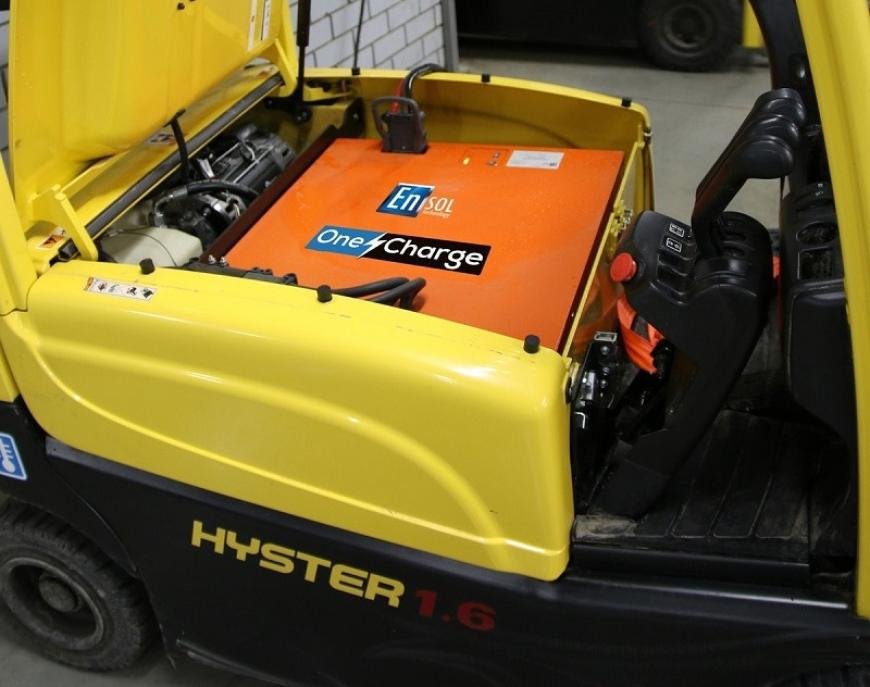Lithium Ion Batteries: Are They Right for Your Fleet?
Welcome to Upright Forklift Repair, where expertise meets reliability right in the heart of Houston and Humble, Texas. Specializing in repairing, servicing, and providing high-quality spare parts for forklifts, we’re dedicated to keeping your operations running smoothly. As technology evolves, so does the way we power our fleets. This brings us to an important question: […]
Lithium Ion Batteries: Are They Right for Your Fleet? Read More »

